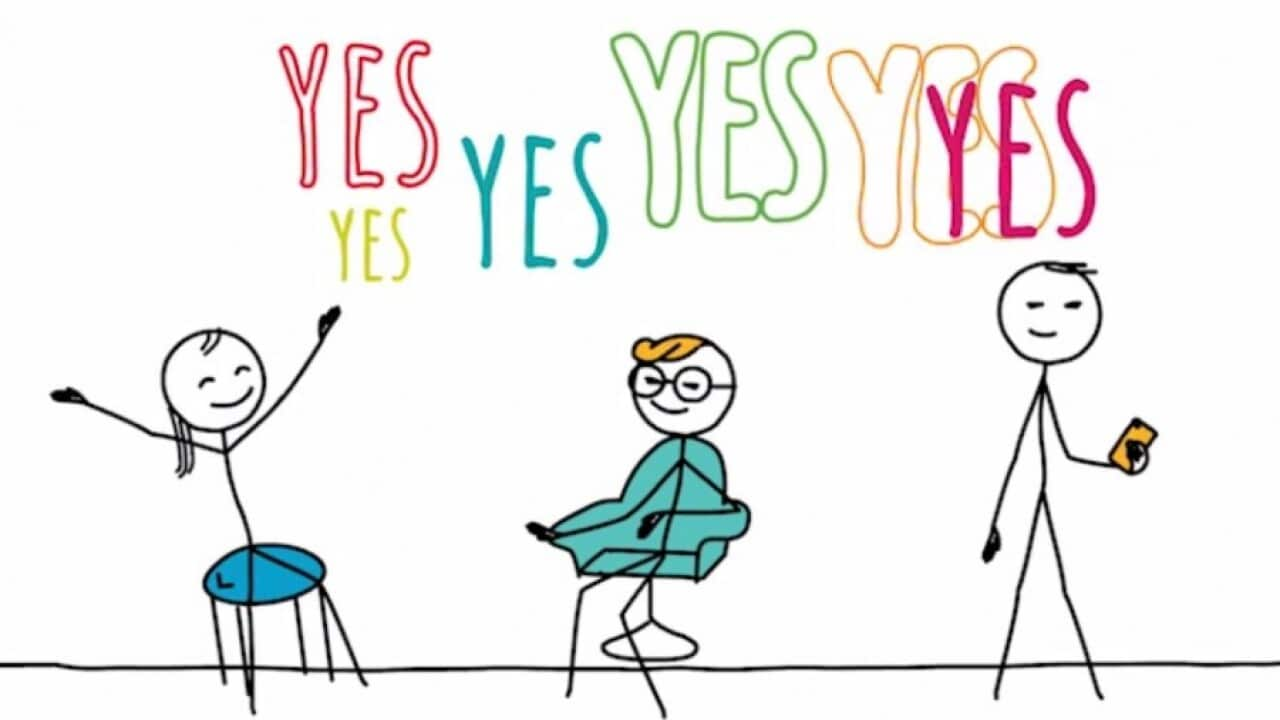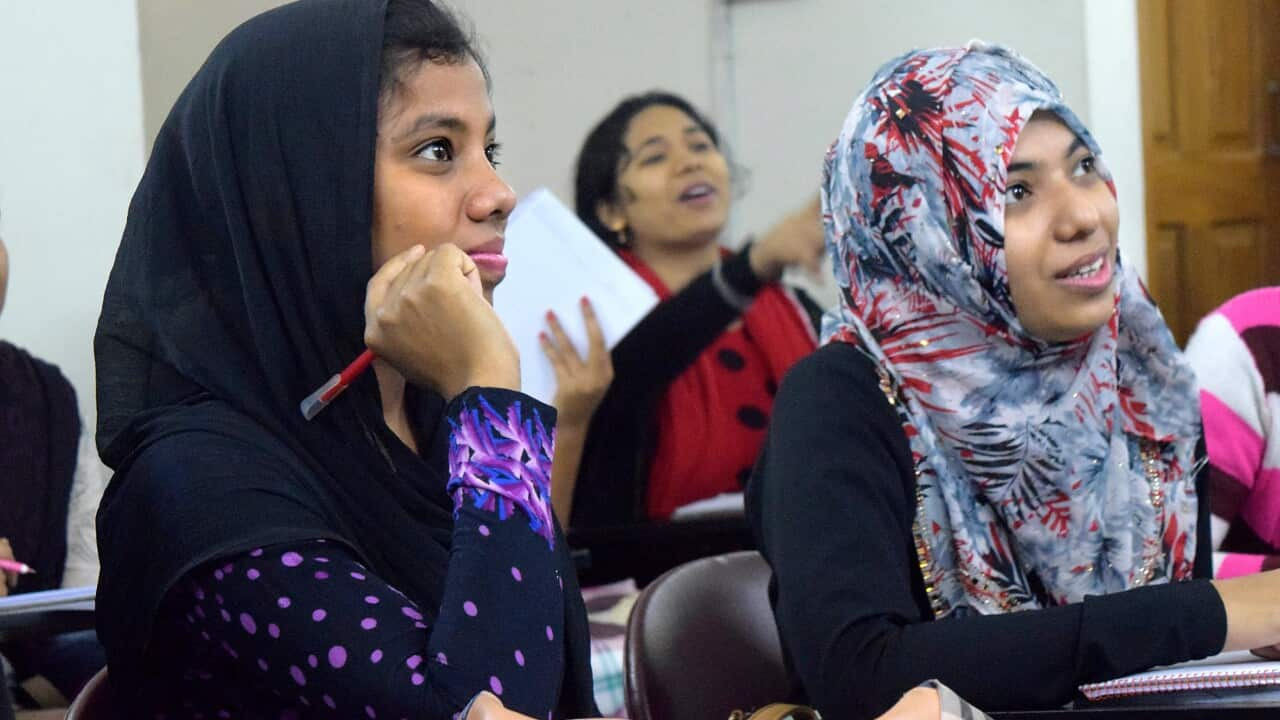A new program aimed at tackling the issues of sexual harassment and sexism has made its way to the Australian National University in the ACT.
ANU has announced it will offer the online training to students who are living in residential colleges, in order to attempt to eradicate sexual harassment, rape culture and sexist behaviour.
The program, titled , covers topics such as relationships, the spectrum of sexual activities, misconceptions about consent, and positive intervention (encouraging witnesses of sexual harassment to intervene).
A spokesperson for ANU told SBS that the implementation of this program demonstrates that the university is "taking a leading role in trying to stamp out sexist and harassing behaviour and to ensure the University campus is a safe place for all students, staff and visitors."
ANU also confirmed that the course is accessible to students of all backgrounds, genders, and sexualities.
Students who participate are presented with multiple choice scenarios, quizzes and videos.
The introductory video tells students, "There's more to consent than a simple yes or no. This course will show you what consent looks and sounds like."
In one particular module, a young man and woman named Alex and Louise are drinking together at a bar. Other people around them state that they both have "reputations", negatively implying that they are both known for their promiscuity. Halfway through the exercise, Louise is very drunk and can barely stand - the program then asks if Louise is able to consent to sex with Alex.
"Absolutely not. Louise does not have the capacity to consent to sex."
Residental college John XXIII has made the Consent Matters program compulsory for all of its students, which follows the "unacceptable behaviour" of sexist chants and harassment during the university's Orientation Week. Currently, more than 1000 students have completed the program.
"Education is a critical part of making people aware of situations and making them aware of what is appropriate and what isn't appropriate and what we're also doing is saying we've got standards here, this is the values we expect, this is where we draw the line and if you cross the line there'll be consequences."
Education is a critical part of making people aware of situations and making them aware of what is appropriate and what isn't appropriate.
ANU deputy Vice-Chancellor Marnie Highes-Warrington also that the university was working on a similar program for their staff members.
"There is a strong argument for making this type of training compulsory for all our staff and students."
While ANU has run annual training with the Canberra Rape Crisis Centre for some of its college residents for over a decade, this year marks the first time it has offered the onling training. According to an ANU spokesperson, it is the first Group of Eight university to utilise the program.


